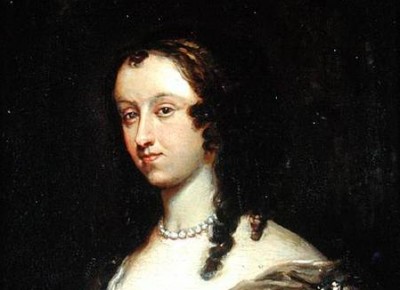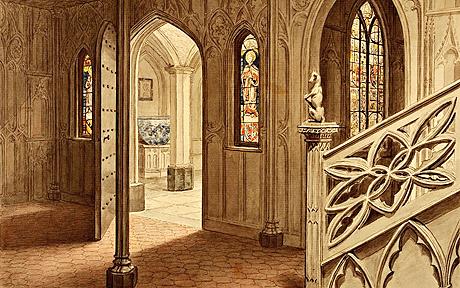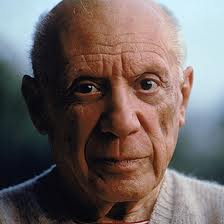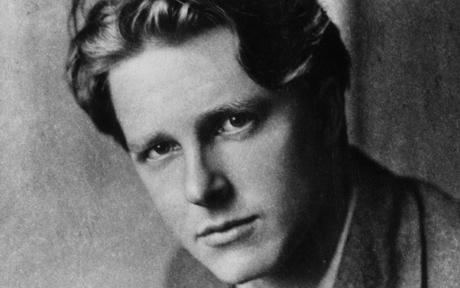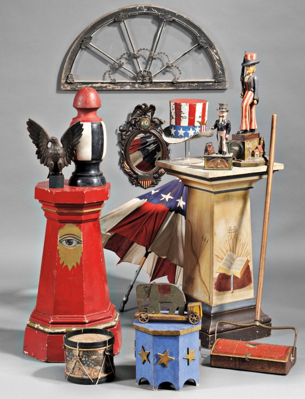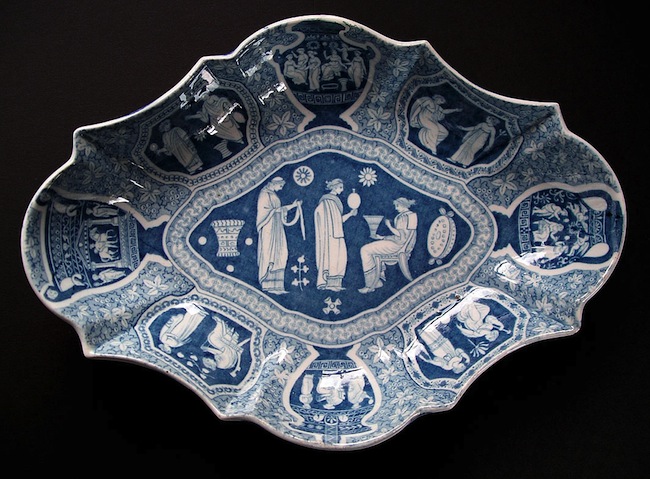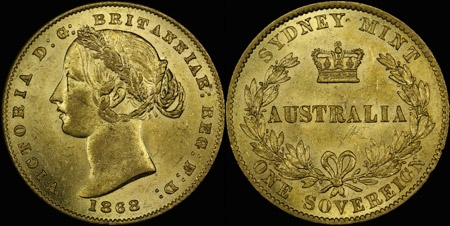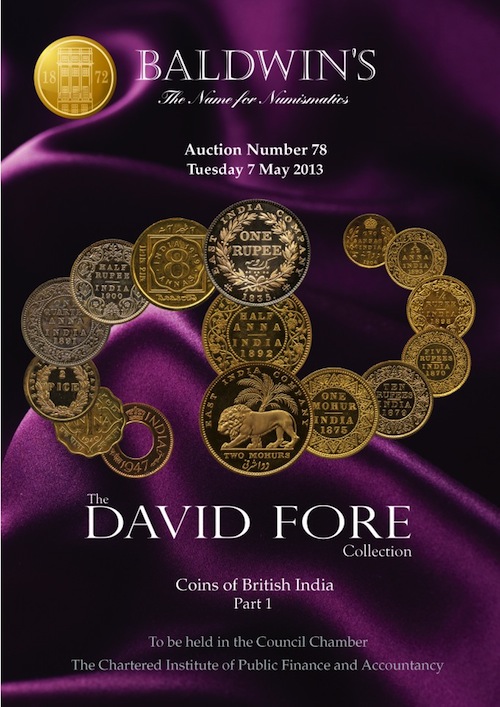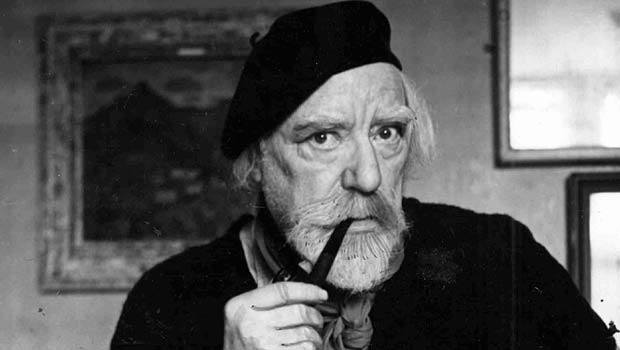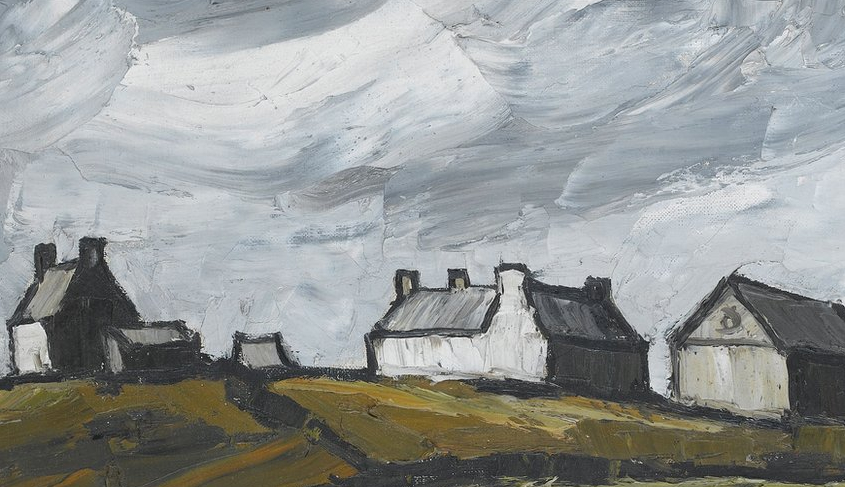Behn was the first professional woman writer in English literature, best known for her plays and her novel ‘Oroonoko’.
Aphra Johnson was born near Canterbury in 1640, and baptised on 14 December of that year. She is thought to have spent some of her youth in Dutch Guiana in the West Indies. In 1664, she married Johan Behn a merchant of Dutch or German parentage, but the marriage is not thought to have lasted very long. She is known to have acted as a British spy in Antwerp in 1666. Imprisonment for debt led her to write for an income.
Behn wrote a series of successful plays. Her first, ‘The Forc’d Marriage’ was produced in 1671. ‘The Rover’ (1681), her most successful, was produced in two parts and included in its cast Nell Gwyn, mistress of Charles II. Among Behn’s sources was the Italian commedia dell’arte (improvised comedy), which she used in her farce ‘The Emperor of the Moon’ (1687), forerunner of the modern-day pantomime.
Behn’s novel ‘Oroonoko’ (1688) was the story of an enslaved African prince and is now considered a foundation stone in the development of the English novel. As well as plays and prose Behn wrote poetry and translated works from French and Latin. In her time she was a celebrity, unusual for her independence as a professional writer and her concern for equality between the sexes.
Behn died on 16 April 1689 and was buried in Westminster Abbey.
Status among other writers
Author Virginia Woolf believed that Behn’s career is more important than any particular work it produced. Woolf wrote, “All women together, ought to let flowers fall upon the grave of Aphra Behn… for it was she who earned them the right to speak their minds.” Vita Sackville-West called Behn “‘an inhabitant of Grub Street with the best of them, . . . a phenomenon never seen and . . . furiously resented.’ She was, as Felix Schelling said, ‘a very gifted woman, compelled to write for bread in an age in which literature . . . catered habitually to the lowest and most depraved of human inclinations. Her success depended upon her ability to write like a man.’ . . . She was, as Edmund Gosse remarked, ‘the George Sand of the Restoration,’ and she lived the Bohemian life in London in the seventeenth century as George Sand lived it in Paris in the nineteenth.” (Entry on Behn in British Authors Before 1800: A Biographical Dictionary Ed. Stanley Kunitz and Howard Haycraft. New York: H.W. Wilson, 1952. p. 36.)
After a hiatus in the late 19th century (when both the writer and her works were dismissed as indecent) that Behn’s fame underwent an extraordinary revival. She now dominates much cultural-studies discourse as both a topic and a set of texts. Much early criticism emphasized her unusual status as a female writer in a male-dominated literary world; more recent criticism has offered more thorough discussions of her works.
Today, the affinities between Behn’s work and that of Romantic writers seem more pronounced than the publicly acceptable discussion of sexuality.[8] According to scholars,
Behn’s writings unveil the homosocial role of male rivalry in stimulating heterosexual desire for women and explores the ways in which cross dressing and masquerade complicate and destabilize gender relations. Behn also analyzes female friendships.
In several volumes of writings by author Janet Todd, Behn’s explorations of some of the key issues in Romantic studies, such as the role of incestuous and homosocial bonding in romance, the correlations between racial and gender oppression, female subjectivity, and, more specifically, female political and sexual agency are detailed.
The noted critic Harold Bloom calls Behn a “fourth-rate playwright” (in comparison to William Shakespeare) and notes her resurgent popularity as a case of “dumbing down”.[9]
She appears as a fictional character in Daniel O’Mahoney’s Faction Paradox novel Newtons Sleep.
Her exploits as a spy, and the misuse of the intelligence she gathered, is alluded to in Patrick O’Brian’s novel Desolation Island.
She appears as a fictional character in volume 4 The Magic Labyrinth and volume 5 Gods of Riverworld of the series Riverworld by the science fiction writer Phillip Jose Farmer.
Plays
- The Forced Marriage (1670)
- The Amorous Prince (1671)
- The Dutch Lover (1673)
- Abdelazer (1676)
- The Town Fop (1676)
- The Rover, Part 1 (1677) and Part 2 (1681)
- Sir Patient Fancy (1678)
- The Feigned Courtesans (1679)
- The Young King (1679)
- The False Count (1681)
- The Roundheads (1681)
- The City Heiress (1682)
- Like Father, Like Son (1682)
- Prologue and Epilogue to Romulus and Hersilia, or The Sabine War (November 1682)
- The Lucky Chance (1686) with composer John Blow
- The Emperor of the Moon (1687)
- Posthumously performed
- The Widow Ranter (1689)[10]
- The Younger Brother (1696)
Novels
- The Fair Jilt
- Agnes de Castro
- Love-Letters Between a Nobleman and His Sister (1684)
- Oroonoko (1688)
Short stories
- The History of the Nun: or, the Fair Vow-Breaker (1688)
- The Dumb Virgin: Or, The Force of Imagination (1700)
Poems
- Love Armed (1677)
- The Disappointment (1680)
- On Her Loving Two Equally (1682)
- Poems upon Several Occasions (1684)
- The Lover’s Watch or The Art of Making Love (1686)
- On Desire (1688)
- To The Fair Clarinda, Who Made Love to Me, Imagined More Than Woman (1688)
Credits:
BBC
Wikipedia

